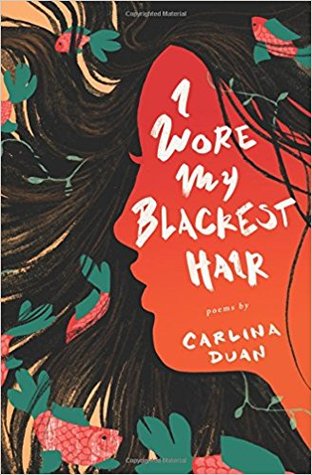
***Disclaimer: I received a free copy of this book in exchange for an honest review. Thank you NetGalley and Public Affairs!***
I stopped reading this book about 150 pages in, roughly halfway. I make an effort to not put down a book less than halfway through in order to be fair. Sometimes things start to look up after a rocky beginning. To be clear, I did not put this book away because it was poorly written. Indeed, it was excellently written. But I felt like the author has gotten it wrong when it came to his starting thesis. And unfortunately, if your starting thesis is incorrect, then some or all of your conclusions probably will be too.
The author has a very big bias in favor of China. This was evident throughout the Introduction when he basically said that China is the victim of cultural misunderstanding and that America was mostly afraid of powerful “yellow” people (his words, not mine) and mistakenly thinks that all Communism is the same as the Soviet Union was. But I carried on in spite of this obvious bias because the next two chapters were about the biggest mistakes so far that each of the world superpowers has made. I thought, maybe here is where we get a more evenhanded approach.
Unfortunately we did not. According to the author, China’s biggest mistake is that it gives too much power to local governments and Beijing is largely powerless to control them. For example, the author mentions that businesses are very wary of working in China because they feel that China takes advantage of them and threatens them with access to the Chinese market if they don’t comply to outrageous. His example is a business that states they had a contract with a Chinese company that they would utilize their services for a set number of years and then buy the company outright for X price at the end of that period. When that date came the company refused to sell. The business petitioned to the courts in Beijing and were told “well pay them more money then and buy the business”. The author attributes this to a lack of centralized leadership. That is blatantly false and biased. That is called extortion. If the courts had said “Sorry, this is an issue with the local jurisdiction” that would prove the author’s point. But they acted like a mob enforcer “Pay more money, then they’ll sell.” The author gives this kind of leniency to the Chinese government over and over again.
And still, I continued. I thought that perhaps when the author was describing the largest mistake by America that we would see the same leniency. We did not. The author spends the entire chapter demonizing President Trump and demonizing businesses for blaming it on American war culture. And then throwing in some demonization of America’s lack of social justice for good measure. Americans just want to believe that all Communism is bad, so that’s why we demonize China. Again, this is a flawed premise. The Chinese Communist Party is bad. They have upwards of 1.5 million people imprisoned in labor camps, another half million in re-education centers. Stories abound from survivors of these camps of the rampant abuse and rape that goes on. Defectors from the CCP are executed silently and immediately, potentially thousands of people per year. The CCP has launched genocidal massacres on Tibetans, Buddhists, Christians and Muslims within the past decade. Don’t try and blow that particular sunshine about good Communism up my behind, thanks all the same!
In the end, this author thinks China is a great place and America is inherently racist with a psycho for a President. To me, that indicates that all conclusions that he draws will be flawed. So while the author asks a lot of interesting questions, the answers will likely be unsatisfying.

 Log in with Facebook
Log in with Facebook 


 Square 11 Donghzi Festival
Square 11 Donghzi Festival






